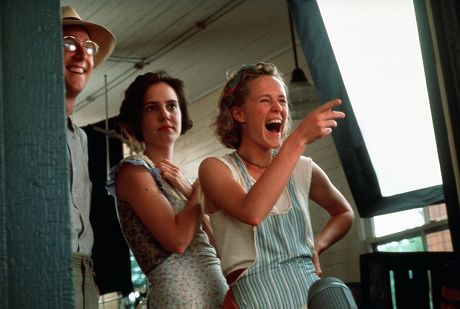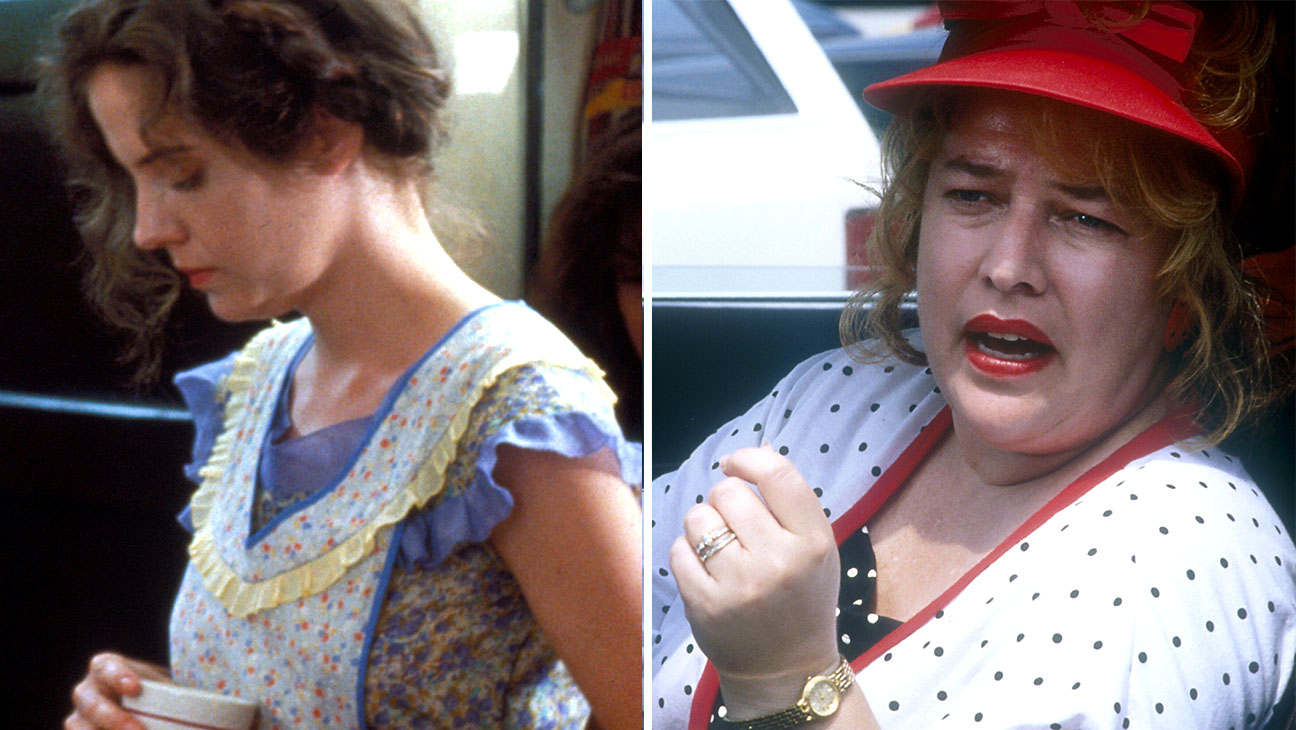
In a film filled with unforgettable women, few leave as lasting and quietly powerful an impression as Sipsey, the Black housekeeper and cook at the heart of the Whistle Stop Café. Though often overlooked in mainstream discussions of the film, Sipsey embodies one of the most complex roles in Southern storytelling — the “mammy” figure — and yet transcends it, offering a deeper portrait of agency, resilience, and maternal power in a world that rarely acknowledged her humanity.
The Heart of the Café: More Than Just a Cook
At first glance, Sipsey (played by the legendary Cicely Tyson) appears to be a secondary character — the woman behind the stove, the one who “keeps things running.” But as the film progresses, it becomes clear that Sipsey is the moral compass of the café and the Threadgoode household.
She doesn’t just feed people — she nourishes them, emotionally and spiritually. Her cooking is an act of love, an assertion of presence in a world that constantly tries to render her invisible. In the café, she has more than a job; she has power.
Witness to Injustice, Keeper of Secrets

Living in the Jim Crow South, Sipsey walks a dangerous line. She sees everything — abuse, injustice, heartbreak — but often cannot react openly. That changes when Frank Bennett, the abusive husband of Ruth, threatens the peace of the household.
Sipsey does the unthinkable: she kills him to protect Ruth and her baby. And she does it with quiet resolve, like someone who has made peace with carrying a necessary sin. What’s striking is that no one in the film ever portrays her as evil — instead, her act is seen as one of protection, of maternal strength.
This moment radically reframes her character: she is no passive witness. She is a protector, even a warrior.
A Mother in Her Own Right
One of the most overlooked emotional threads in the film is Sipsey’s relationship with her own son, Big George. Through subtle interactions — shared glances, touches, and mutual support — we see a rare portrayal of a Black Southern mother raising her son with love, dignity, and purpose, despite systemic oppression.
Big George, in turn, becomes a protector of Idgie and Ruth’s world. In many ways, the survival of the café depends on this mother-son bond. It is Sipsey who teaches him to cook, to hold pride in his work, and to stand tall even in the face of racist threats.
Race, Power, and Southern Memory
Sipsey’s character touches a nerve in American cultural memory. She exists within the confines of the “mammy” stereotype — the loyal Black domestic worker devoted to a white family — but Fried Green Tomatoes complicates this image. Sipsey is not a caricature. She is not content. She is not grateful to serve. She simply survives, and in doing so, reclaims her space.
Her act of murder — and the community’s cover-up of it — could be read as subversive: a moment when Black justice rises quietly but defiantly against white patriarchy. It is Sipsey, not Idgie or Evelyn, who commits the most radical act of resistance in the story.
Legacy and Recognition
By the end of the film, Sipsey is gone — her life remembered only through the stories others tell. But her legacy lingers. The café may carry Ruth and Idgie’s name in spirit, but its soul belonged to Sipsey, the one who fed generations, held their secrets, and protected their peace.
In a film about women reclaiming their voices and their power, Sipsey reminds us that some forms of resistance are cooked slowly, served hot, and delivered without apology.
